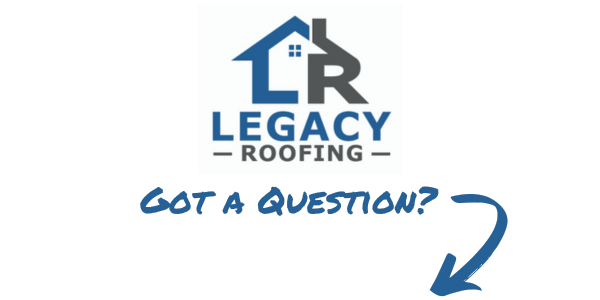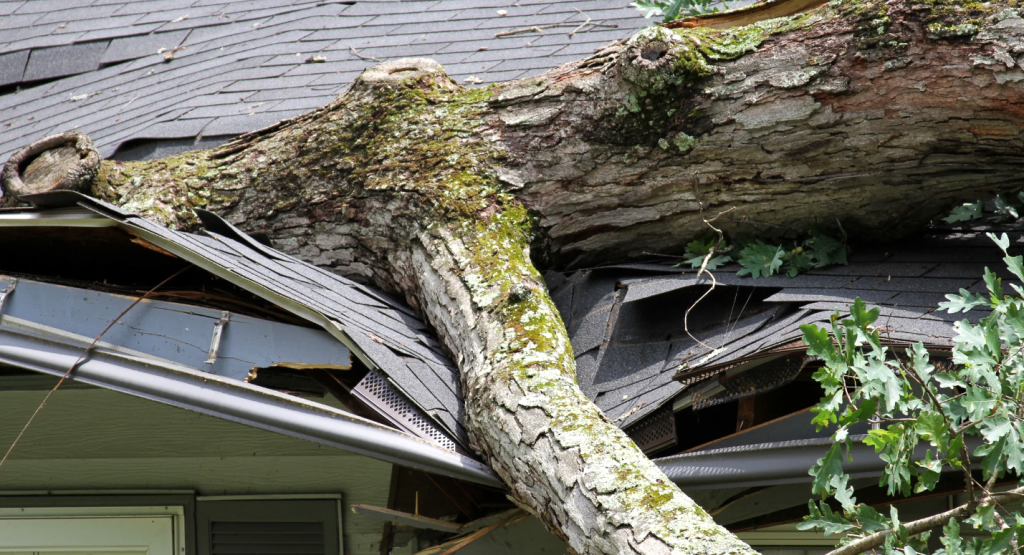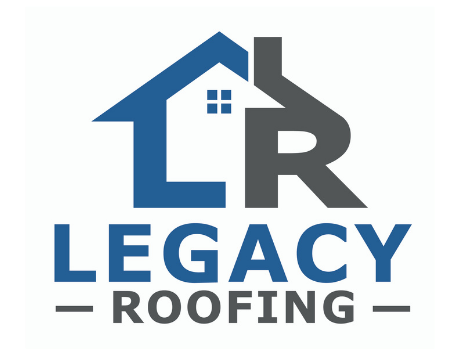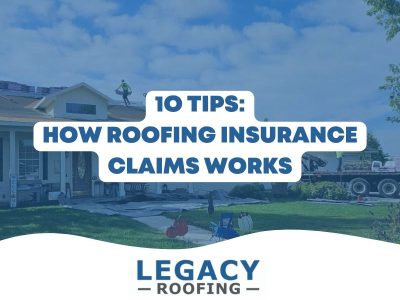Are you looking for tips about roof insurance claims in Boise? Whether you need Boise roof insurance help or want to learn about the insurance claims process, we can help!
Most people think home insurance will automatically cover every roof repair—until they file a claim. Then it feels less like protection and more like an episode of Survivor: Roof Edition, where your roof, your warranty, and your patience are all at risk of elimination.
Boise storms don’t care about policy fine print. One burst of hail, a cracked flashing, or a small leak in the attic can spiral into water damage or a sudden roof repair emergency—and not every insurer plays fair.
Want to know how to protect your wallet and still get that full roof replacement when it counts? Keep reading—because smart homeowners don’t let their roofs go to court without backup.

✅ Quick Action Step & Article Summary:
👉 If you suspect roof damage, call a trusted Boise roofer first — not your insurance company. They’ll document everything, protect your claim, and help you get the full roof replacement you deserve.
👉 Keep all your paperwork & photos. Save inspection reports, moisture readings, and every message with your insurer. It’s your ammo if they try to underpay or deny.
👉 Know your policy type (ACV vs. RCV). Replacement Cost pays for a full new roof. Actual Cash Value pays what it’s worth today (minus age & wear). That difference can be thousands.
10 Insurance Claim Tips for Boise
1. Will My Insurance Actually Pay for the Roof Damage I Found?
Short answer? Sometimes.
Long answer? It depends on the type of damage, your home insurance policy, and the level of expertise of your insurance adjuster.
We’ve once worked with a Boise homeowner whose roof took a beating from a late-spring snow and storm combination. It tore up shingles, caused a subtle leak, and soaked part of their attic insulation. Their policy covered storm damage, but the adjuster tried to write it off as poor leak detection and “lack of maintenance.” Sound familiar?
Here’s the key: most insurance companies will only pay for damage that’s sudden, accidental, and weather-related. Think fire damage, hail, high winds—not age, wear, or a 15-year-old crack in the flashing. If the damage appears to have occurred over time, they’ll likely call it neglect and deny the roofing insurance claim. Even if your warranty is expired, your home insurance might still cover the loss—if it’s clearly tied to a covered event.
Before you panic or assume the worst, get a professional on your side. A trusted roofer who understands policy language and restoration standards can often make the difference between a quick payout and a months-long appeal. Sometimes, getting your roof replacement covered is less about the damage and more about how the story is told.
2. Who Should I Call First—My Roofer or the Insurance Company?

Start with your roofer. Always. We’ve seen too many Treasure Valley homeowners call their home insurance company first, only to be assigned an adjuster who shows up, scribbles a few notes, and leaves without documenting half the damage. By the time a contractor finally inspects, it’s a tug-of-war over whether that cracked chimney crown was from last week’s wind or “old wear.”
A trusted roofer documents everything immediately—photos, measurements, and even videos—so your roof damage is accurately recorded. That’s critical if you end up needing a full roof replacement or major restoration. They’ll spot minor issues adjusters often skip, like loose flashing or hidden ice damage under shingles. And if a sudden leak is already dripping into your bedroom, you’ll want immediate tarping before more trouble starts.
Insurance companies expect proof, and your roofer helps you build it before the paperwork even begins. Once you have that inspection report, you’ll be ready to call the insurer and start the claim on solid ground. It’s one of the smartest moves you can make to protect your warranty and keep the process from dragging out longer than the repairs themselves.
3. What Happens Step-by-Step During a Roof Insurance Claim?
We walked a homeowner through this last December after an early snow piled up and melted just enough to create a sneaky leak. By the time they called, the water damage had spread behind the drywall, and their adjuster was already circling the date on the calendar to close the file. Most people think claims are just a quick phone call and a check in the mail, but there’s more to it.
Here’s how it usually goes:
First, you call your roofer for a roof inspection. They’ll document roof damage, test for moisture with proper leak detection tools, and help you see if it’s really a sudden event or slow wear. You’ll receive a free quote and a detailed report outlining the incident.
Second, you call your home insurance company to open the claim. They assign an adjuster who inspects again and compares notes with your roofer. If they agree, you get an estimate of what roofing services are covered.
Next, you review the paperwork carefully. This is where a lot of homeowners get tripped up. The claim process includes depreciation calculations, deductibles, and policy fine print, like whether ice dams are covered.
Finally, you approve the settlement and schedule repairs. If your policy is “replacement cost,” you’ll get more funds after the work is done. If it’s “actual cash value,” you may have to budget extra for older materials.
From start to finish, the process can take anywhere from a week to a month, depending on how organized your documentation is. Having a roofer in your corner makes all the difference when roofing meets insurance red tape.
4. What’s the Difference Between ACV and RCV Roof Policies?
Think of it like this: both ACV and RCV policies will help after your roof gets trashed by snow, wind, or water damage—but one’s giving you the full price of steak, and the other’s only paying for the leftovers.
ACV stands for Actual Cash Value. That means your insurance pays what your roof is worth today, factoring in wear and tear, age, and depreciation. So if you’ve got a 15-year-old roof with missing shingles and aging downspouts, your check might not come close to covering full roofing repair costs. You’ll be left to make up the difference—often a big one.
RCV, or Replacement Cost Value, is what most homeowners hope they have. It covers the full cost to replace your roof at today’s market rate, regardless of age. That includes materials, labor, and even emergency roof repair if the damage is sudden. It’s more generous—and more expensive. But in Boise’s unpredictable climate, it’s a smart investment.
An expert roofer can help you decode your coverage before disaster strikes. Because the last thing you want is to discover you’re holding an ACV policy… after a $10K roofing services expense comes due.
5. Do I Really Have to Pay My Deductible Out of Pocket?
Yes—you do. And if someone tells you otherwise, run.
A lot of homeowners are surprised when their insurance adjuster says yes—no matter how frustrating it feels. Your deductible is your share of the cost, and it’s set in stone when you sign your policy. I’ve met plenty of folks across Boise’s wild climate who thought they could skip it if their roofing insurance claim was big enough. One homeowner even assumed that because their ice dam damage led to hidden water damage, the deductible would magically disappear. It doesn’t.
You always pay it, whether you’re replacing a couple of missing shingles or doing a full damage roof repair. Some contractors will offer “creative solutions” to help you avoid paying, but be careful. That kind of shortcut can get you dropped by your insurer.
Instead, focus on getting the most out of your policy. An expert roofer will help with thorough leak detection, complete roofing inspections, and clear records proving the damage isn’t just wear and tear. All that evidence gives you the best shot at maximizing your claim—and making sure the deductible is the only out-of-pocket expense you have to worry about.
6. How Long Will It Take to Get My Roof Fixed After Filing?
Some folks think the insurance claim process is as quick as ordering takeout. I wish it were true. The timeline depends on how fast you move and how prepared your roofer is. If you jump on it right after the rain stops, you’re ahead of the game.
Here’s the usual rhythm:
First, you call a trusted local contractor for a free quote and thorough leak detection. That first visit often happens within a day or two. Next, your insurance sends an adjuster to confirm the damage. Sometimes they take photos, check ventilation, and measure the area for your file. This step alone can take anywhere from a few days to a week, especially if a big storm has flooded the area with roofing insurance claim calls.
Once the paperwork is approved, you get a settlement offer and the green light to schedule work. From there, a professional roofing repair can take anywhere from a single afternoon to a full week, depending on materials, crew size, and weather delays. If you’re lucky, and everything lines up, you could be done in under two weeks.
A smart move? Keep up with seasonal maintenance so the damage never snowballs into something bigger. Fast action and good records are your best chance to keep that timeline short—and your stress level even shorter.
7. What Can I Do If the Insurance Company Denies My Claim?
The denial letter comes in, and suddenly it feels like you’re being punished for having a roof at all. It’s frustrating—and more common than most homeowners expect. One Boise client had a perfectly documented claim after a nasty windstorm. The adjuster called the damage “pre-existing” and walked away. But that wasn’t the end of the story—it was just the start of round two.
If your claim gets denied, start by requesting the full written explanation. Don’t settle for a vague one-liner. Next, contact your roofer and review their inspection alongside the adjuster’s findings. If your contractor is reputable, they’ll often spot what the adjuster missed—or misjudged. From there, you can file a formal appeal, submit new photos, or request a second inspection. In many cases, persistence and documentation change the outcome.
And if you’re hitting a wall? You have the right to hire a public adjuster or consult legal help to review the case. Don’t assume the first “no” is final. The system isn’t perfect, but with the right team and clear records, you can tip the scale back in your favor.
New Roof Info ↗
See and learn more about the Legacy Roofing roof replacement process!
Roof Pricing ↗
Learn about the pricing model and cost guide for a new roof!
Roofing FAQ ↗
Get to know more about the most frequently asked roofing questions!
8. Can I Choose My Own Roofer or Do I Have to Use Theirs?
You’re not buying a mystery dinner—you’re hiring someone to fix the roof over your head. So yes, you can absolutely choose your own roofer. Some insurance companies will suggest contractors from their preferred vendor list, but that’s all it is—a suggestion. You’re never required to use their pick.
Here’s why that matters: the roofer your insurer sends might not be local, might be overbooked, or might prioritize the insurance company’s budget over your actual repair quality. Choosing your own contractor means you’re in control. You can pick someone with local reviews, fast turnaround times, and a reputation for standing behind their work.
In fact, many homeowners feel more confident working with a roofer they’ve met, vetted, and trust, not just someone assigned by a call center. You have the final say. It’s your roof, your home, and your choice.
9. What If My Insurance Check Doesn’t Cover the Whole Job?
This one stings. You open the envelope expecting relief, and instead, you’re short by thousands. It’s more common than you think. Sometimes it’s depreciation, sometimes it’s exclusions buried deep in the fine print. Either way, the check won’t always cover everything from start to finish.
Don’t panic. First, have your roofer walk through the itemized estimate line by line. A good contractor will flag underpayments or missed materials and help you file a supplement with your insurance company. If the adjuster lowballed the cost of labor, skipped code-required upgrades, or missed part of the damage entirely, you can dispute it—and win.
If that still falls short, many roofing companies offer financing options or payment plans to help close the gap without stalling the project. You’re not the first homeowner to face a tight claim. What matters is having a crew that advocates for you, not just the payout. Keep your ground, push back where it counts, and don’t settle for less than the job requires.
10. Can I Keep the Insurance Money and Skip the Roof Repairs?

Technically? Sometimes. But you’re playing with fire and we would never RECOMMEND THIS!
Your insurance payout is meant to restore your roof, not pad your savings account. If you pocket the money and leave the damage untouched, you could face some steep consequences later. For starters, any future claims could be denied outright because you didn’t fix the original problem.
We’ve seen homeowners try to save the cash only to discover their policy included a requirement for proof of repairs—photos, receipts, or even a follow-up inspection. And if your mortgage lender is listed on the check, you’ll usually need their sign-off to access the funds, which won’t happen without proof the work was done.
Even more important: leaving your roof unrepaired doesn’t just risk leaks and mold—it can also void parts of your policy altogether. So while it might look tempting to hold onto that check, it’s rarely worth the gamble. If you’re unsure, talk to your insurance rep or a reputable roofer before making a move you’ll regret.
The Verdict
Filing a roof insurance claim alone is like trying to pull your own tooth — technically possible, but almost guaranteed to end badly.
Insurance fine print, slow adjusters, confusing payouts… it’s enough to make anyone want to live under a tarp.
That’s where Legacy Roofing Idaho comes in.
We’re a locally owned, family-run company based right here in Boise, proudly serving homeowners all across the Treasure Valley — from Meridian to Nampa, Eagle to Caldwell, and beyond.
We’ve helped hundreds of your neighbors get full roof replacements covered, even when adjusters tried to dodge the bill.
✅ We know the process inside and out.
✅ We speak insurance fluently.
✅ And most importantly — we fight for your best outcome, not the insurer’s bottom line.
If you want honest guidance, expert inspections, and a crew that treats your home like their own, call Legacy Roofing Idaho. We’ll handle the headaches so you can get back to enjoying a safe, leak-free home.


 7 Tips to Help Enhance the Outside of Your Home
7 Tips to Help Enhance the Outside of Your Home